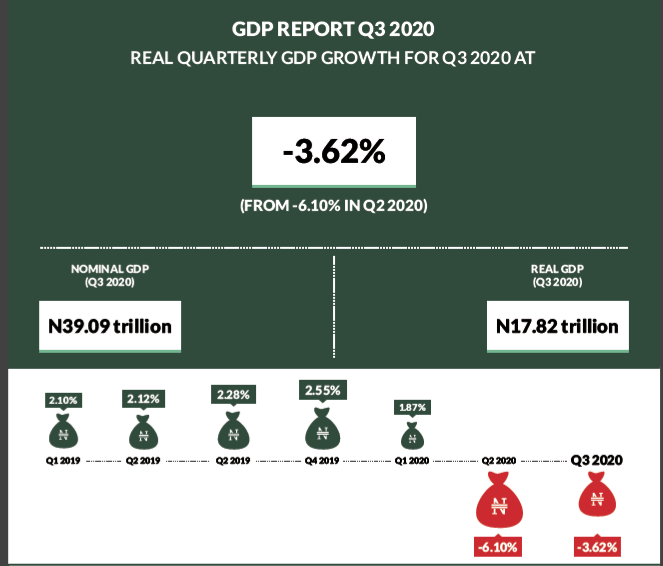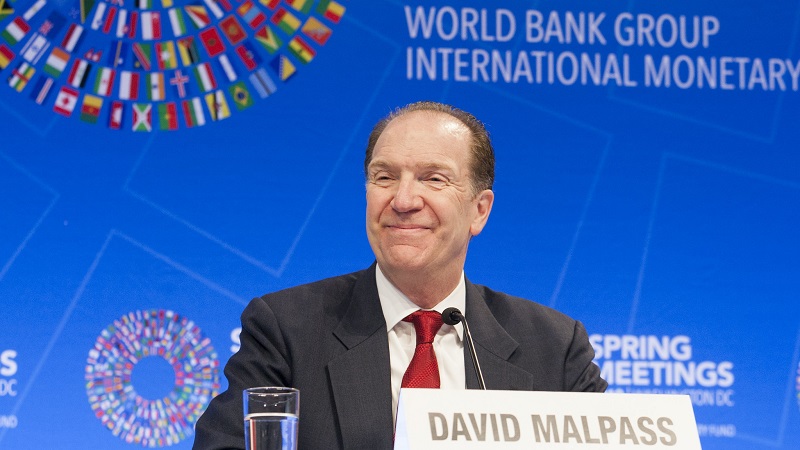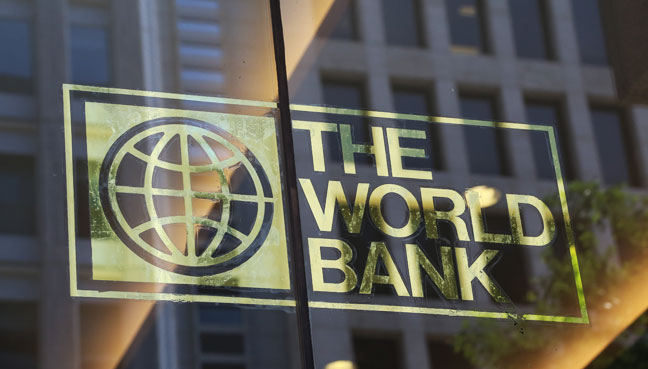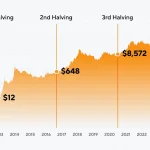The World Bank, in its latest prediction for Global Economic Prospects, revealed that the Nigerian economy will resume at 1.1% during 2021 where the global economy is expected to rebound by 4%.
It isn’t news anymore that Nigeria is one of the most heavily-hit countries economic-wise by the ongoing ravaging COVID-19 pandemic.
The impact of the pandemic is evident in the nation’s GDP growth in the previous quarters which dipped by -6.10% and -3.62% in Q2 and Q3 respectively.

Source: Nigeria Bureau of Statistics
While the economy down-sizing is projected to span through the fourth quarter of 2020, the World Bank predicts that the narrative might change afterward.
In its report, WB disclosed that although the world is recovering from the effect of the pandemic; global economic output will remain below the pre-pandemic trend for a prolonged period.
While this might be the case across countries globally, the outcome in each area may vary depending on economic activities.
As for Nigeria, WB projects that growth in the nation will resume at 1.1% during 2021; and further edge up to 1.8 in the subsequent year, 2022.
However, the reason for the low recovery in economic growth cannot be far-fetched; the nation’s economy is faced with severe challenges.
According to WB, prominent concerns so far spans from but not limited to the following:
- Continuous reduction in oil pricing;
- Falling public investment as a result of weak government revenues;
- Constrained private investment, and subdued foreign investor confidence.
The report further projected a more severe scenario for the private consumption sector.
ALSO READ: Nigeria May Require More Than Tech Adoption To Scale Through Recession
According to the report, private consumption prospects will be weighed down by lost incomes; and higher precautionary savings among non-poor households.
A shared trend across the Sub-Saharan region
Just like elsewhere in the world; majority of the countries in the Sub-Saharan region will also face a slow recovery in their economic growth.
Economic growth in South Africa, for instance,q is expected to rebound by 3.3% in 2021; although with a surprising lower 1.7% projection for the subsequent year.
The major course of this, according to WB, is attributed to the fact that certain mitigation measures are envisioned to remain in place over the next two years.
Oil exporting countries like Angola, Chad, Republic of Congo, Equatorial Guinea, Gabon, and Ghana will also face a sluggish economic recovery.
The slumping price of petroleum across the entire continent and globe is a major contributing factor to this seeming setback.
Taking a look at Ghana, the region’s fourth-largest economy for instance; the growth forecast in the nation for 2021-22 has been pegged at 1.9%.
ALSO READ: Impact Of Nigeria’s 45.43% Broadband Penetration On Economic Growth
Ghana, which is also a big exporter of petroleum will – as a result of the lingering adverse impact on oil and other sectors – have to depend more on other lucrative sectors like agriculture.
Keynote address from President of the World Bank Group
Speaking in reference to the recently released report, president of the World Bank Group, David Malpass said that:
“While the global economy appears to have entered a subdued recovery, policymakers face formidable challenges — in public health, debt management, budget policies, central banking and structural reforms — as they try to ensure that this still fragile global recovery gains traction and sets a foundation for robust growth.

Source: ClimateHomeNews
“To overcome the impacts of the pandemic and counter the investment headwind; there needs to be a major push to improve business environments; increase labour and product market flexibility, and strengthen transparency and governance.”
Found this interesting? Share!





















 and then
and then